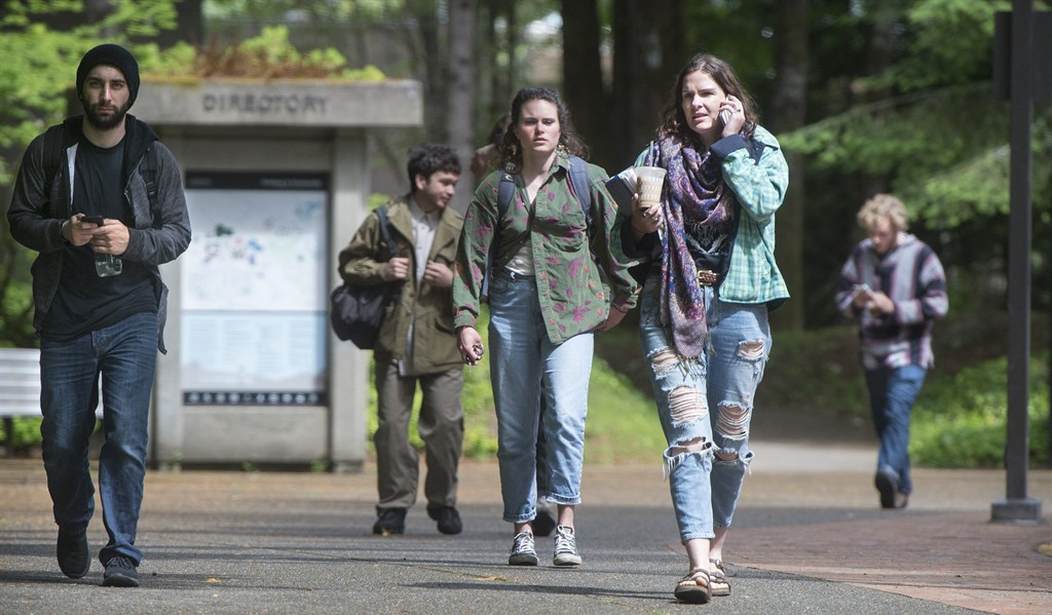While other states get national headlines for abortion limits, a radical proposal to expand abortion in California is quietly advancing. California’s proposed mandate to transform educational institutions into abortion facilities has passed out of the Senate (SB 24) and now heads to the Assembly. This abortion mandate would force all 34 of California’s public universities to dispense the abortion pill from student health centers (SHCs). Serious concerns go unaddressed in the measure, indicating it may have been rushed through to appease special interest groups.
Here are some of the current concerns with SB 24:
A college dorm room is no place to have an abortion. SB 24 does not require trained and licensed physicians in SHCs to oversee the entire abortion. This means that a young woman will simply obtain the pills from the health centers and then be left to complete her abortion alone, in her dorm room. Chemical abortions are a multi-day process; the Mifeprex medication guide indicates side effects could last for up to 30 days. Turning a girl’s college dorm into an abortion facility comes with many problems: They are not private and will likely be shared by roommates; there are sanitary concerns; and a dorm bathroom could now become a place of trauma for the young women and her roommates who may encounter the abortion.
University health centers are not equipped to handle the adverse outcomes of on-campus abortions. The campus abortion mandate does little to resolve the liability concerns for universities, which would be forced to provide abortions directly. Potential complications from the abortion pill range from excessive bleeding, to infection, to an incomplete abortion requiring surgery, to death. From 2000 to 2018, just the adverse events reported to the FDA under the brand name Mifeprex include 24 deaths, 97 ectopic pregnancies, 1,042 hospitalizations, 599 blood transfusions, and 412 infections (including 69 severe infections), with a total of 4,195 adverse events. SHCs are unprepared to treat abortion-related complications, and lack physicians who have admitting privileges to nearby hospitals. Given the severe trauma some women experience while passing an aborted baby in the toilet, a phone line cannot provide sufficient medical care for after-hour emergencies and other care.
Recommended
No pre-abortion counseling is offered. It is disturbingly common for young women who are pregnant to feel pressure from the father or her family to abort, especially in abusive situations. A study published in the Journal of American Physicians and Surgeons found that more than 73 percent of women who have had abortions admitted that they experienced at least subtle forms of pressure to abort their babies. Nothing in the bill explains how college health centers would be able to determine if a woman is being pressured or forced to have an abortion.
The bill’s funding mechanism is purposefully vague. While the campus abortion mandate claims that it would have private funding until a certain date, an SHC’s overhead is still paid by taxpayers, and the language of the mandate leaves open the possibility for taxpayer-funded abortion in the future by providing no safeguard to prohibit state funds or student fees from paying for the ongoing support of the program. Public funding of abortion is an extreme policy position that a majority of Americans strongly oppose.
No conscience exemptions are offered. The campus abortion mandate would require SHC staff to be directly involved in administering abortion pills with no provision for conscience protections if staff members express a moral objection to administering abortion pills.
No maternal assistance is offered if women choose not to abort. The bill assumes women will choose to abort simply because they are in college. However, many women in college choose to raise children at the same time. The Institute for Women’s Policy Research found that over a quarter of all undergraduate students are raising dependent children. They also found that women make up 71 percent of all student parents and are disproportionately likely to be balancing college and parenthood, often without the support of a spouse or partner. The campus abortion mandate does nothing to provide support for pregnant and parenting students who want to keep their babies; it promotes abortion and only abortion.
In 2014, the pro-abortion Guttmacher Institute reported that chemical abortions accounted for 31 percent of all abortions and 45 percent of abortions before nine weeks’ gestation. They also reported that women in their 20s were the most likely demographic to obtain abortions. The abortion industry knows exactly who to target to maximize their profit, and so they have colluded with the state of California to target over 400,000 female students in its universities.
By forcing college campuses to dispense the abortion pill without taking into account the considerable liabilities and serious risks of a chemical abortion, SB 24 shows a reckless disregard for women’s safety and health. This mandate would be the first of its kind in the country and could serve as model legislation for other states. It needs to be stopped now.
Patrina Mosley serves as the Director of Life, Culture and Women's Advocacy at the Family Research Council.
























Join the conversation as a VIP Member